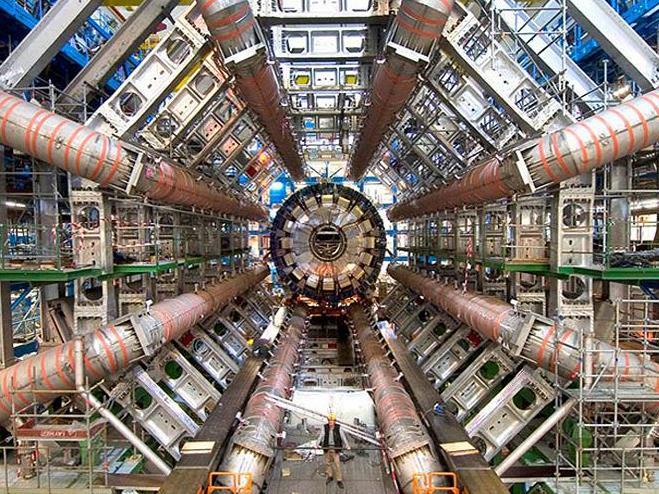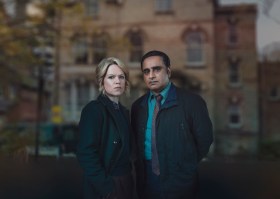In recent years, one of mankind’s biggest mysteries has seen its secrets probed and pondered in thrilling fashion. On a large scale and with ample attention thrown its way, the Large Hadron Collider evolved from an idea that whet the appetites of scientists worldwide to the subject of broad public fascination. Its quest: to recreate the conditions of the Big Bang, find the Higgs boson or ‘god particle’, and potentially unearth the essence of human existence.
When would it become operational? Would it work? What would be the consequences? These questions screamed from newspaper headlines and from the far reaches of the internet, further evoking an air of intrigue. Of course, the most significant line of inquiry is the one that continues: just what will the discoveries of Large Hadron Collider mean, long term?
Spanning 2008 to 2012, Particle Fever attempts not to resolve the unsolvable, but to understand the how and why of a revolutionary advance in our scientific endeavours. Immersed in the hub of the action at the European Organization for Nuclear Research, or CERN, the celebratory documentary delves into the frenzy surrounding the biggest and most expensive effort of its kind in human history, as filtered through the intimate experiences of six scientists among the Geneva-bound 10,000-strong throng from more than 100 countries.
Directed by physicist-turned-filmmaker Mark Levinson (Prisoner of Time), the film pitches its content at the masses without any concerns for pandering to less scientifically minded viewers, a refreshing approach given the complexity of many of the concepts under discussion. Neither the helmer nor the many talking heads that fill his frames oversimplify or over describe the details of their work, nor do they underestimate their audience. Instead, as the pressure mounts, the film relies on the interesting facts to lay the foundation, and the earnest emotions of its chosen subjects to bridge any gaps. The details provided are intricate but accessible, and never beyond comprehension.
Split into two main strands of interwoven stories, the team toils to get things operational, negotiates setbacks and wades through the public repercussions, while theories about potential findings are explored. Personality shines through in what could have easily been a clinical affair, driven by the engaging sextet of subjects chosen as the core focus. Their dreams, their frustrations, their excitement and their disappointment fill every frame, offering a relatable and riveting rollercoaster of reactions. The stigma of science is shed in favour of humanising passion and hopeful possibility – and in the pursuit of presenting one of the greatest achievements in the field.
Much of the enchanting impact stems from the assembly, with master editor Walter Murch (TV’s Hemingway & Gellhorn) whittling the well-shot material into a concise, compelling feature. With Wolfgang Held (The Last Keepers) and Claudia Raschke’s (Melvin & Jean: An American Story) almost-awed images to work with, he builds tension and energy, feelings Robert Miller’s (The Forgotten Kingdom) subtly-pitched score aptly matches. There are genuine thrills to be found in the combination, and in packaging that does justice to the content. Particle Fever excels in the manner of its subject, in a feat of information, contemplation and wonder.
Rating: 3 ½ out of 5 stars
Particle Fever
Director: Mark Levinson
USA, 2013, 99 mins
Sydney Film Festival
www.sff.org.au
4 – 15 June
Actors:
Director:
Format:
Country:
Release:





